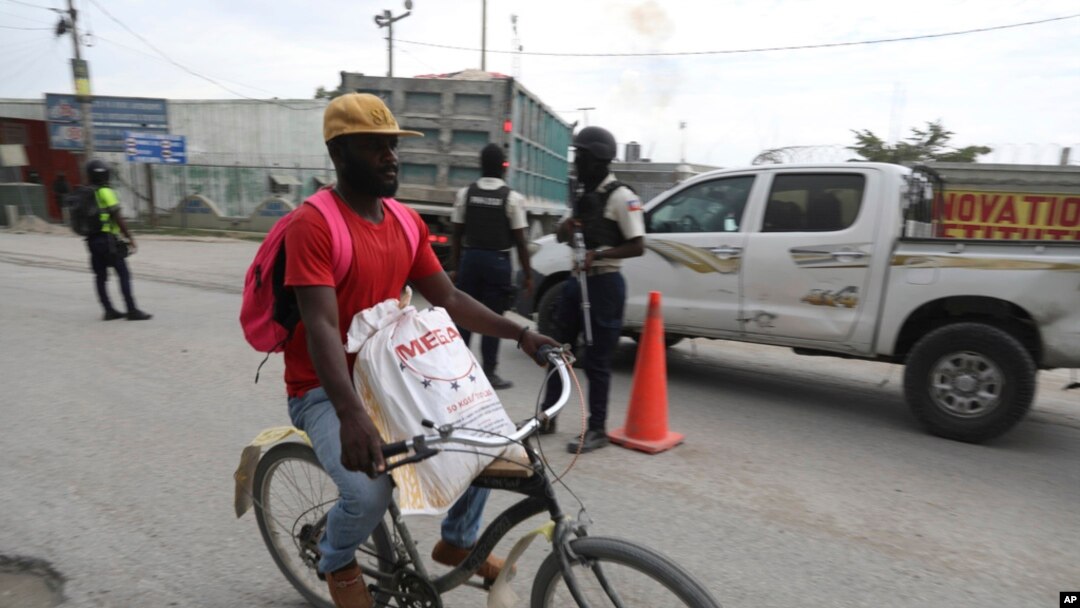The World Food Program said Monday that it has gained access to the international airport in Haiti’s capital, Port-au-Prince, as well as the city’s Cite Soleil area after more than two months of blockages.
The U.N. organization said in a statement that it has made progress delivering truckloads of food to the violence-hit neighborhood of Cite Soleil. It added that it is also working to resume the use of Port-au-Prince’s international airport for humanitarian passenger and cargo flights.
The WFP said it did not have access to the areas over the past two months because of violent clashes between armed groups.
“Despite an exceptionally complex security situation, WFP is taking important first steps in getting humanitarian supply chains back online and delivering desperately needed assistance to the most difficult neighborhoods of Port-au-Prince,” said Jean-Martin Bauer, WFP country director in Haiti.
A WFP-chartered cargo delivering medical supplies on Thursday marked the first time a U.N. humanitarian cargo plane landed in Port-au-Prince since March.
Gang violence has spiraled in Haiti since the 2021 assassination of the country’s president and escalated further in early March after armed gangs stormed jails in Port-au-Prince, allowing thousands of prisoners to escape. More than 2,500 people have been killed, injured or kidnapped in violence in Haiti since the start of the year, the U.N. said on April 22.
The WFP said it has helped one million people across Haiti since the beginning of the year, including providing nearly 394,000 children with school lunches.
The organization also said it has distributed more than one million hot meals to 108,000 displaced people living in temporary shelters.
The WFP says the increased access will allow more aid to reach the ports in Port-au-Prince.
“Without sustained humanitarian access and the reopening of vital supply routes, people risk slipping even deeper into hunger,” Bauer said.





